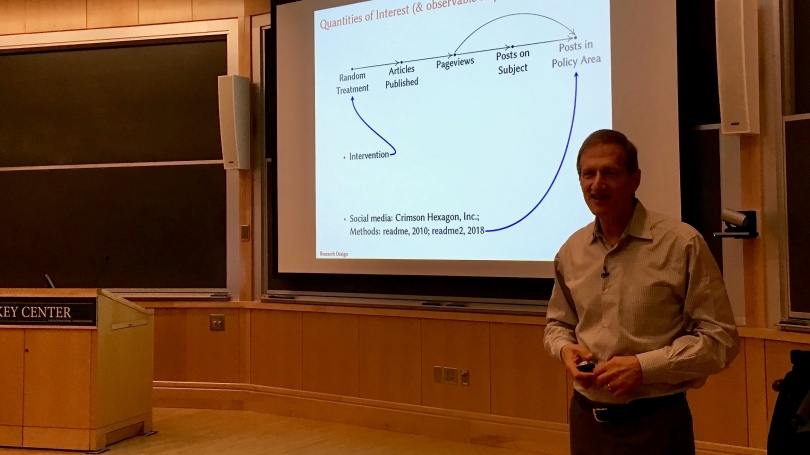
Gary King, Gary King - Albert J. Weatherhead III University Professor - Director, IQSS - Harvard University, giving a public lecture in October 2018
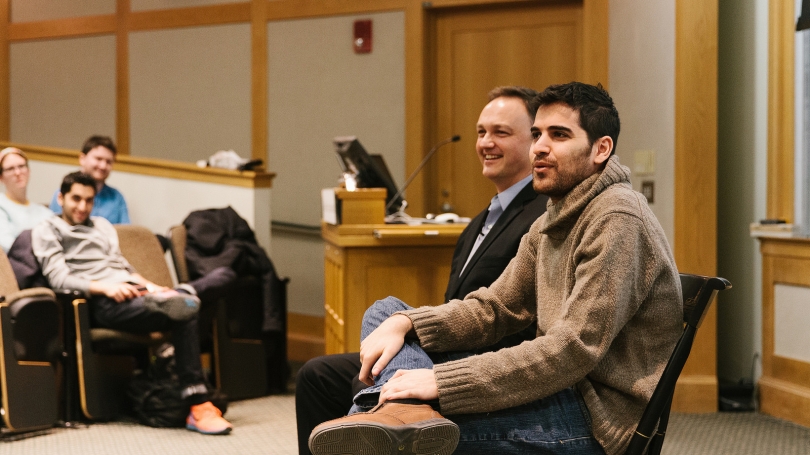
Harry Enten '11 gives a public campus presentation in February 2017
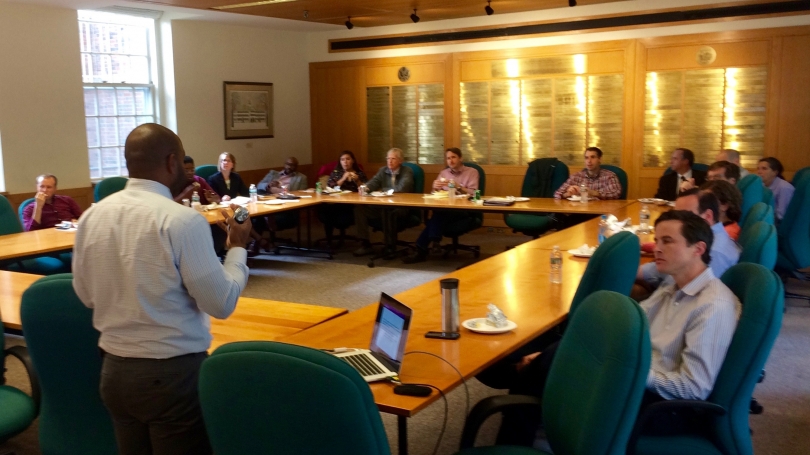
Trevon Logan giving a QSS faculty seminar talk in October 2016
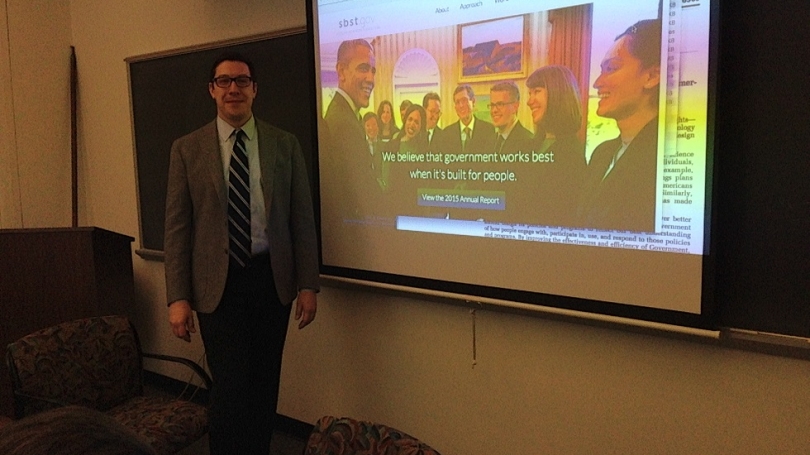
Jake Bowers presenting to students about the White House Social and Behavioral Science Team in April 2016
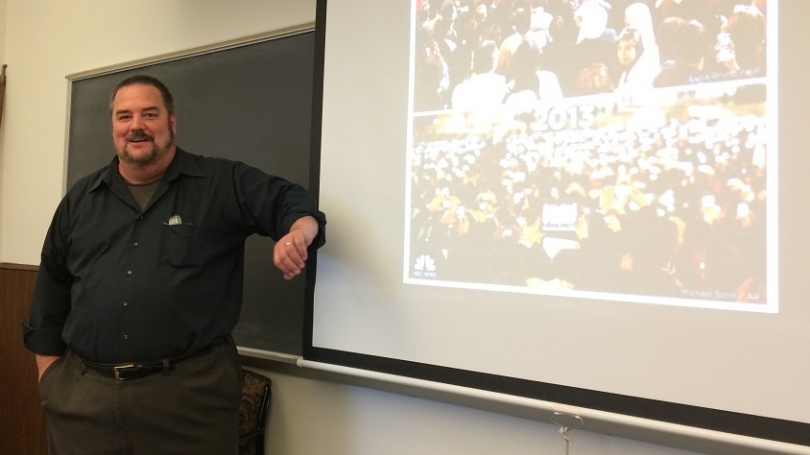
Michael Link giving a QSS faculty seminar talk in February 2016
- Undergraduate
- Research
- About the Program
- News & Events
- People
Back to Top Nav
Back to Top Nav
Back to Top Nav
Back to Top Nav